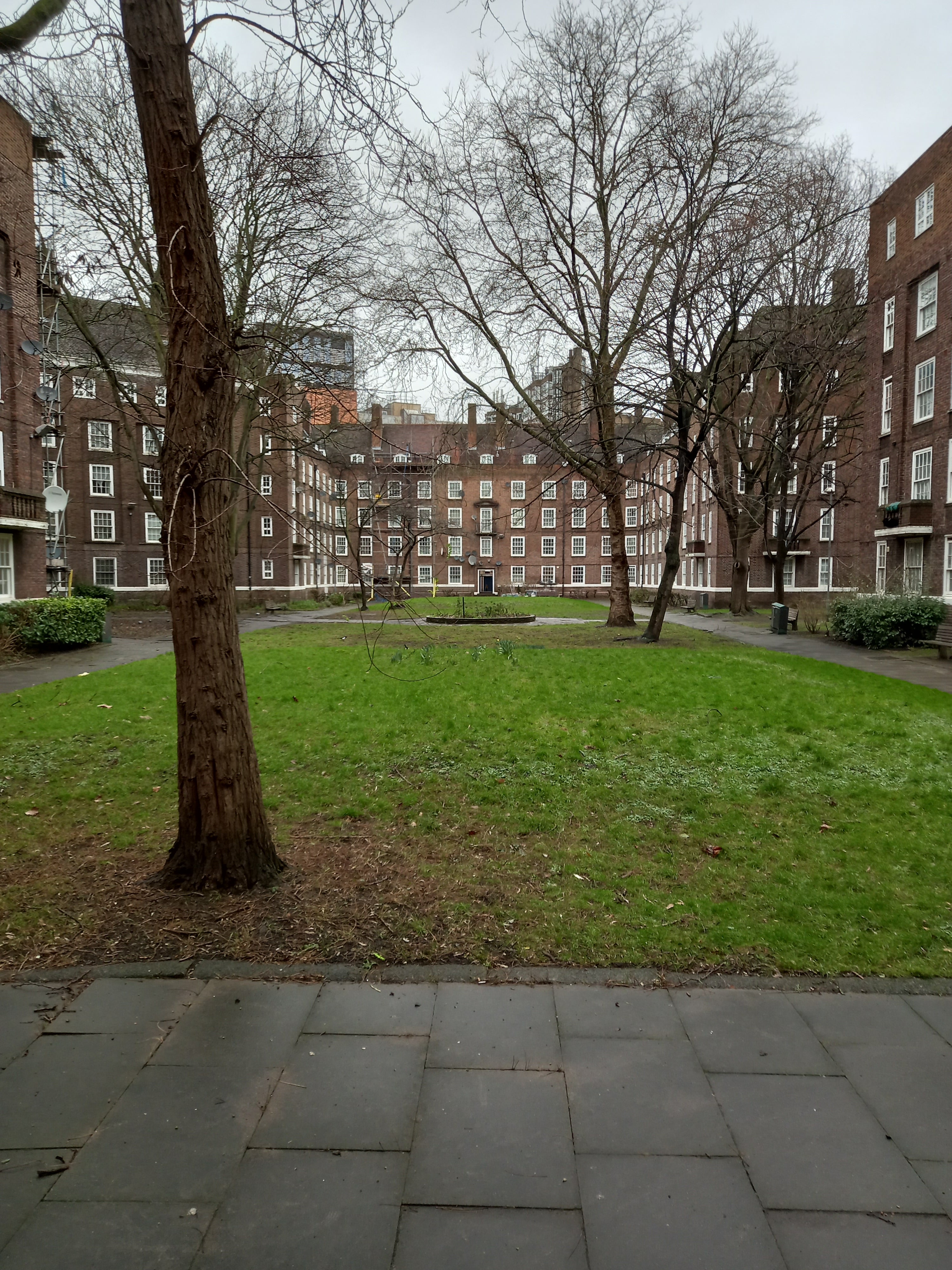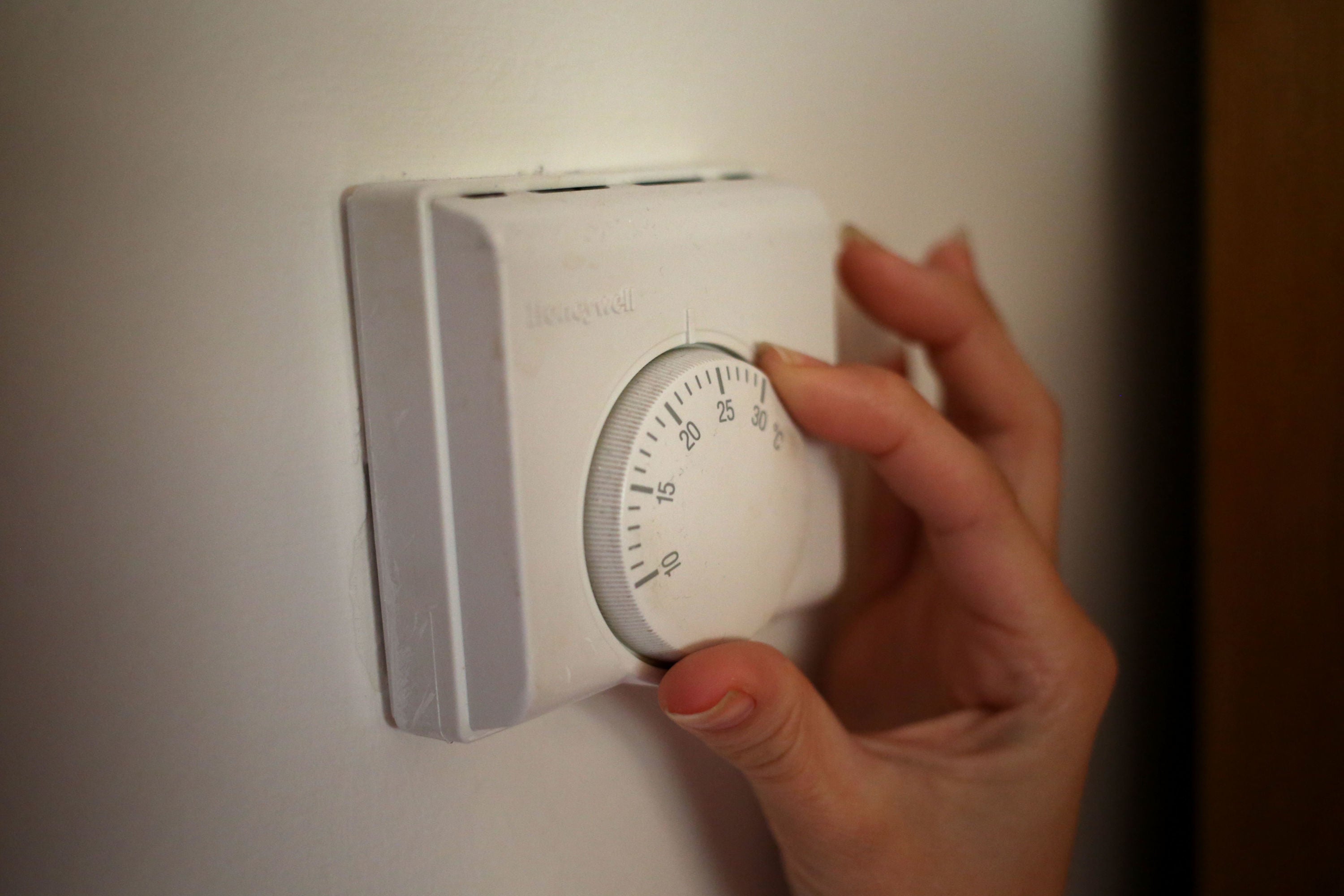Council tenants ‘forced into debt’ and facing eviction over tripling energy bills
The residents in Lamberth say they have had to take out loans and use credit cards to pay for their rising energy charges

Your support helps us to tell the story
From reproductive rights to climate change to Big Tech, The Independent is on the ground when the story is developing. Whether it's investigating the financials of Elon Musk's pro-Trump PAC or producing our latest documentary, 'The A Word', which shines a light on the American women fighting for reproductive rights, we know how important it is to parse out the facts from the messaging.
At such a critical moment in US history, we need reporters on the ground. Your donation allows us to keep sending journalists to speak to both sides of the story.
The Independent is trusted by Americans across the entire political spectrum. And unlike many other quality news outlets, we choose not to lock Americans out of our reporting and analysis with paywalls. We believe quality journalism should be available to everyone, paid for by those who can afford it.
Your support makes all the difference.Council residents in south London say they are being threatened with eviction after being left unable to pay a 350 per cent increase in their heating bills.
Lambeth Council tenants were sent notices seeking possession of their properties after falling into thousands of pounds in arrears.
Their homes are heated by shared heat networks commonly used in blocks of flats - which are not subject to the Ofgem price cap - and they are unable to switch suppliers.
The residents claim to be “in deep distress” as they fall into debt with some taking out loans or using credit cards to pay their rent and service charges.
Kirsty Oliveira has lived in her flat in Wedgwood House in Lambeth for 22 years and said she has seen her heating bill go from £13.69 to £61.99 a week when the changes were made in April 2023.
She has since racked up over £1,000 in rent arrears and has been served a notice of seeking possession as she cannot pay the debt off and knows of at least four others who have received similar letters.
She told The Independent: “When I first got the letter telling us about the increase I thought it was a mistake. I thought that’s ridiculous, they can’t charge me that and it must be wrong. But it wasn’t.”
Kirsty helps run the local foodbank and says she has seen a massive increase of people using it since the bills went up.

Lambeth Council said the rise in bills was driven by record-level energy prices around the world and also said that eviction would only be used as a “last resort”.
They added that they are working with residents to create extended payment plans that align with their affordability but ultimately have a responsibility to recover rent and service charges.
In response to this, Kirsty said: “We understand that our heating rates were low before and we knew they had to go up but the point is they’ve put them up way too much and they know people can’t possibly pay that.
“Because we’re on a shared heat network we’re not subject to the price cap. This means they’re expecting us to pay thousands more than other people subject to the cap. This is social housing - it’s madness.”
Kirsty also claimed that while residents have been told “not to worry” about eviction, they have received no written confirmation of this.

She said: “Residents here are vulnerable. People are not eating or paying their rent on credit cards or loans. I’m lucky that I’m quite a stable person, but other people who are suffering extremely badly with mental health problems like anxiety or depression because of this.”
A communal heat network supplies heat and hot water to a number of premises within a single building and is not currently regulated by Ofgem.
The system cannot be turned off, so tenants must pay the same amount every week of the year even if they don’t use any heating at all.
The heating costs are added on to their service charge - hence why many have technically fallen behind on rental arrears and are facing eviction.
In August, the government unveiled plans to appoint Ofgem to regulate prices of shared heat networks. However, these plans won’t come into effect until 2025.

A parent of a child with disabilities who lives on Roupell Park Estate in Lambeth said they thought the extra charge was per month rather than per week and said the increase was “a nail in the coffin” for her finances.
Another anonymous single parent at Wedgwood House said “living under the umbrella of the threat of homelessness” has caused them psychological harm.
They said: “This has majorly impacted on my physical and psychological well-being. I worry this is going to affect my son’s GCSEs because he worries that I’m not eating/sleeping. I have also sought out medical help from my GP.
“I’m really at a crossroads on what to do next. It’s a spiral of an accumulation of arrears. No matter what I pay, my arrears still go up.”
The Lambeth Tenants Heat Campaign is working with charity Fuel Poverty Action, which has called the council’s actions “brutal”.
Ruth London, co-director of Fuel Poverty Action told The Independent: “You have to wonder what Lambeth is hoping to achieve. The residents are trapped -- they can’t switch supplier, or reduce their heat costs, and they simply can’t pay the exorbitant charges that Lambeth demands.
“To send notices seeking possession just terrorises families, pensioners, and disabled residents, forcing them into debt and hunger, and wrecking their mental and physical health.”

She added that the council’s action is discrediting heat networks and more widely, efforts to cut carbon emissions.
Lambeth Council said it was working with residents to create extended payment plans that align with their affordability but have a responsibility to recover rent and service charges.
A spokesperson from Lambeth Council said: “We know that the rises last year came at a particularly tough time for all our residents, and we provided an extra half a million pounds in funding for our most vulnerable tenants, who were already suffering the most from the cost of living crisis.
“We have a responsibility to recover rent and service charges, in line with the tenancy agreements. This means we have to enact the arrears recovery process where tenants are not paying off their rent or not making any payments towards their arrears. But we also make clear that possession proceedings will only ever be used as a last resort, where other interventions and support have proved unsuccessful.”
They added: “Our aim is to work with them to establish a sensible payment arrangement that aligns with their affordability and can be paid over a more extended period. We also have many support and advice partners and our own in-house tenancy support team to help residents where possible through this challenging period.”
Join our commenting forum
Join thought-provoking conversations, follow other Independent readers and see their replies
Comments